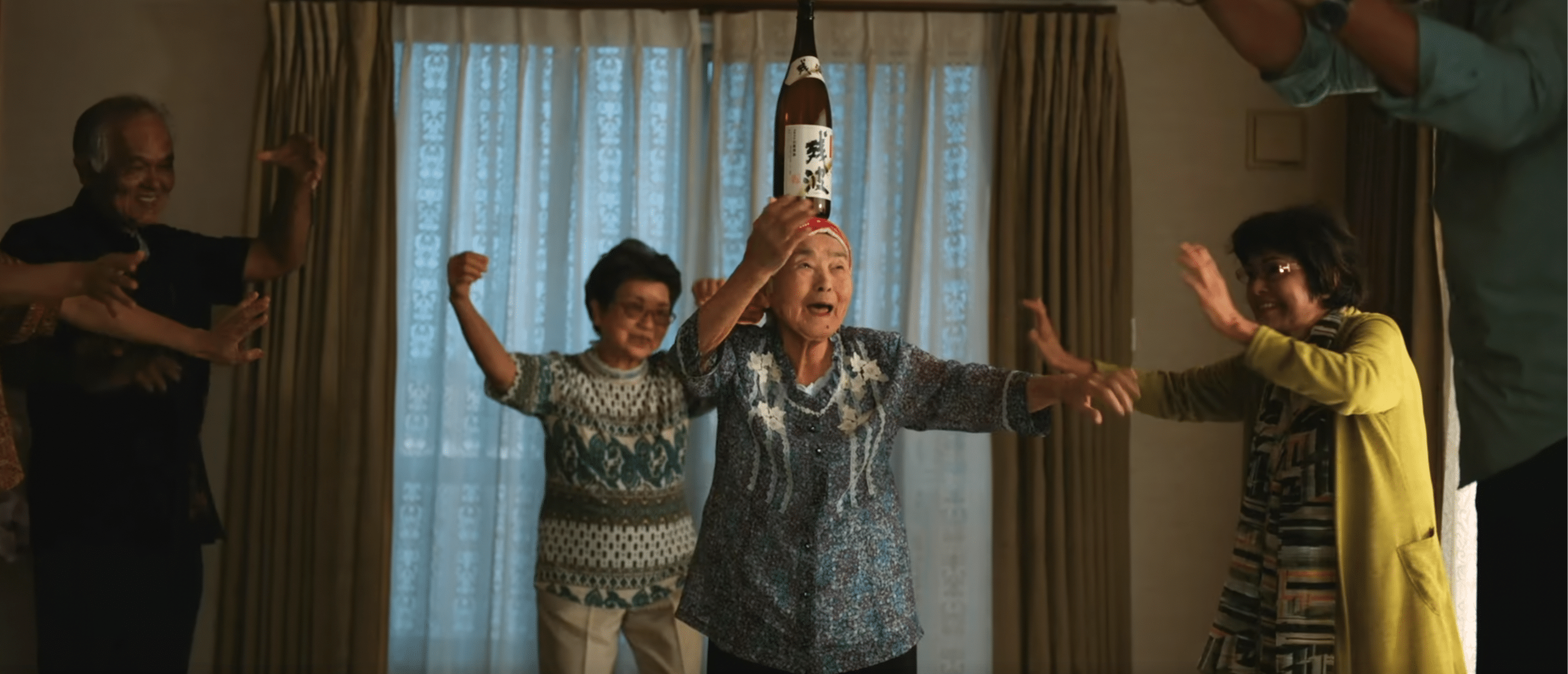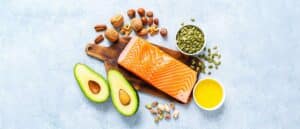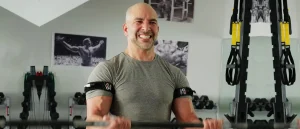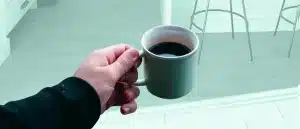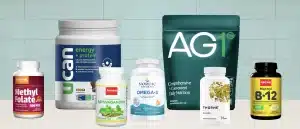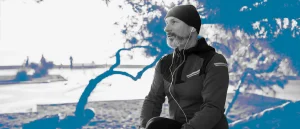Blue Zones: Dan Buettner Explains Why People from Okinawa Live to 100
Longevity expert and The Blue Zones Secrets for Living Longer author Dan Buettner is hitting Netflix with a four-part docuseries, Secrets of the Blue Zones. The series gives an intimate view of the communities mass-producing centenarians—aka elders that live healthy, fulfilling lives over age 100.
A Blue Zone is a community whose members live unusually long lives—compared to surrounding areas, Buettner explains. “They’re living vibrant, active, happy lives, and perhaps the biggest takeaway is that they’re living longer without trying.”
In the inaugural episode of Secrets of the Blue Zones, Buettner explores Okinawa, Japan—where the elderly don’t retire, nursing homes are few and far between, and close social circles provide financial stability for aging adults. This small, southern chain of islands also boasts the highest concentration of centenarians in Japan.
What makes Okinawans so much more likely to live to triple digits?
Okinawan Diet
“When it comes to diet, there’s no single ingredient or compound responsible for Okinawan longevity,” Buettner says. “They’re consuming an array of foods which all have medical properties of health benefits. So it’s actually the range of foods that is likely fueling long lives here.”
It’s not just what Okinawans eat that’s responsible for their longevity—It’s also how much. In the United States, the FDA recommends around 2,000 daily calories for adults. But Buettner notes that most Americans consume around 3,600 calories a day on average. Okinawans, on the other hand, tend to just barely hit 2,000 calories a day.
“They have this ingenious little trick—’hara hachi bu’—which literally means ‘eight out of ten,’” Buettner says. “It means, ‘Stop eating when your stomach is 80 percent full.’ It’s resulting in being satiated without being stuffed.”
Purple sweet potatoes
Buettner points to a diet survey from 1950, which compared the diet of Okinawans with the other regions of Japan.
“You go down the chart of what Okinawans are eating—meat, eggs, fish—and it’s only 1 to 2 percent of their caloric intake. And then there’s one food where it’s about 70 percent. That food is ‘beni imo’—purple sweet potatoes.”
The rest of Japan only got three percent of their calories from these purple sweet potatoes. So why do Okinawans eat so many? These sweet potatoes are typhoon-proof, since they grow underground.
Purple sweet potatoes are full of complex carbs and fiber, per Buettner. “They even have about 150 percent more of the active antioxidants than blueberries do.”
Antioxidants reduce the number of free radicals—molecules that oxidize cells, making them lose function. A diet rich in antioxidants may support healthy aging by reducing inflammation and lowering risk of diseases like cancer and diabetes (1).
Okinawa seaweed
“All foods have medicinal powers,” says Yukie Miyaguni, an Okinawan chef who walked Buettner through several regional ingredients. “Okinawa is very hot and ‘asa’ seaweed releases heat from the body.”
Research suggests seaweed may also regulate the gut microbiome, which can improve digestion and stave off certain types of cancer, obesity, and diabetes (2).
Okinawa tofu
“Tofu is made from soybean curds and can offer several health benefits,” Buettner says. “It’s been shown to lower cholesterol and therefore lower the risk of heart disease. And in some cases, it may even slow the progression of some cancers.”
He’s right. A 2022 study in Frontiers in Nutrition found that greater soy intake was associated with fewer incidences of cancer and overall mortality (3).
“Okinawans eat an average of three ounces of soy products per day, including tofu,” Buettner says. “Okinawan tofu is special. It actually has a greater concentration of protein and good fat compared to tofus produced elsewhere.”
Your Longevity Watchlist
Moai
In rural Okinawa, you’ll be hard pressed to find a nursing home or assisted living facility. Instead, groups of people called “Moais” act as a committed social circle of people who pool their money and resources to help each other during emergencies or hardship.
“When I retired in 1983, all I did was go back and forth from the garden to my home. It was boring, so I went around to all the houses and said, ‘Let’s do a moai for 1,000 yen,” one elderly Okinawan woman told Buettner. “One of our friends fell when they went to the bathroom at night and is in the hospital. Our moai is continuing to help by pooling our money and giving it to them.”
Buettner suspects that the benefits of a moai go beyond financial security. Having a tight-knit social circle can also promote longevity. A 2023 Chinese study that looked into the lifestyle habits of over 28,000 people—with an average age of 89—found that how much they socialized was directly correlated with how long they lived (4).
“In the United States, we have a loneliness epidemic. We’re discovering in America that loneliness can cost 15 years of life expectancy,” Buettner says. “There’s no pill, no supplement, no blockbuster drug that could give us anywhere near 15 years.”
Ikigai
Having an individual sense of purpose, or “ikigai,” even in the last decade of your life is a cornerstone of Okinawan longevity.
“I believe [ikigai] is one of the most powerful factors contributing to their longevity,” Buettner says. “Okinawans have no word for retirement. When they get to be 60, 70, 80, 90, they’re still working.”
But that doesn’t mean their working grueling corporate jobs or striving for a promotion in their nineties.
“They might only be working in their garden to bring some vegetables home. They may have a stall in the market where they’re only working in the morning,” Buettner says. “They’re keeping their minds engaged. They’re keeping their bodies moving.”
Hone’s hormone assessment measures 8 biomarkers to help you optimize your health and longevity. You meet with a licensed physician to go over the results and, if you qualify for treatment, discuss your options.
References
1. Rusu, et al (2022). Antioxidants in Age-Related Diseases and Anti-Aging Strategies.
2. Pinto, et al (2021). Seaweed Components as Potential Modulators of the Gut Microbiota.
3. Fan, et al (2022). Intake of Soy, Soy Isoflavones and Soy Protein and Risk of Cancer Incidence and Mortality.
4. Wang, et al (2023). Association between social activity frequency and overall survival in older people: results from the Chinese Longitudinal Healthy Longevity Survey (CLHLS).



